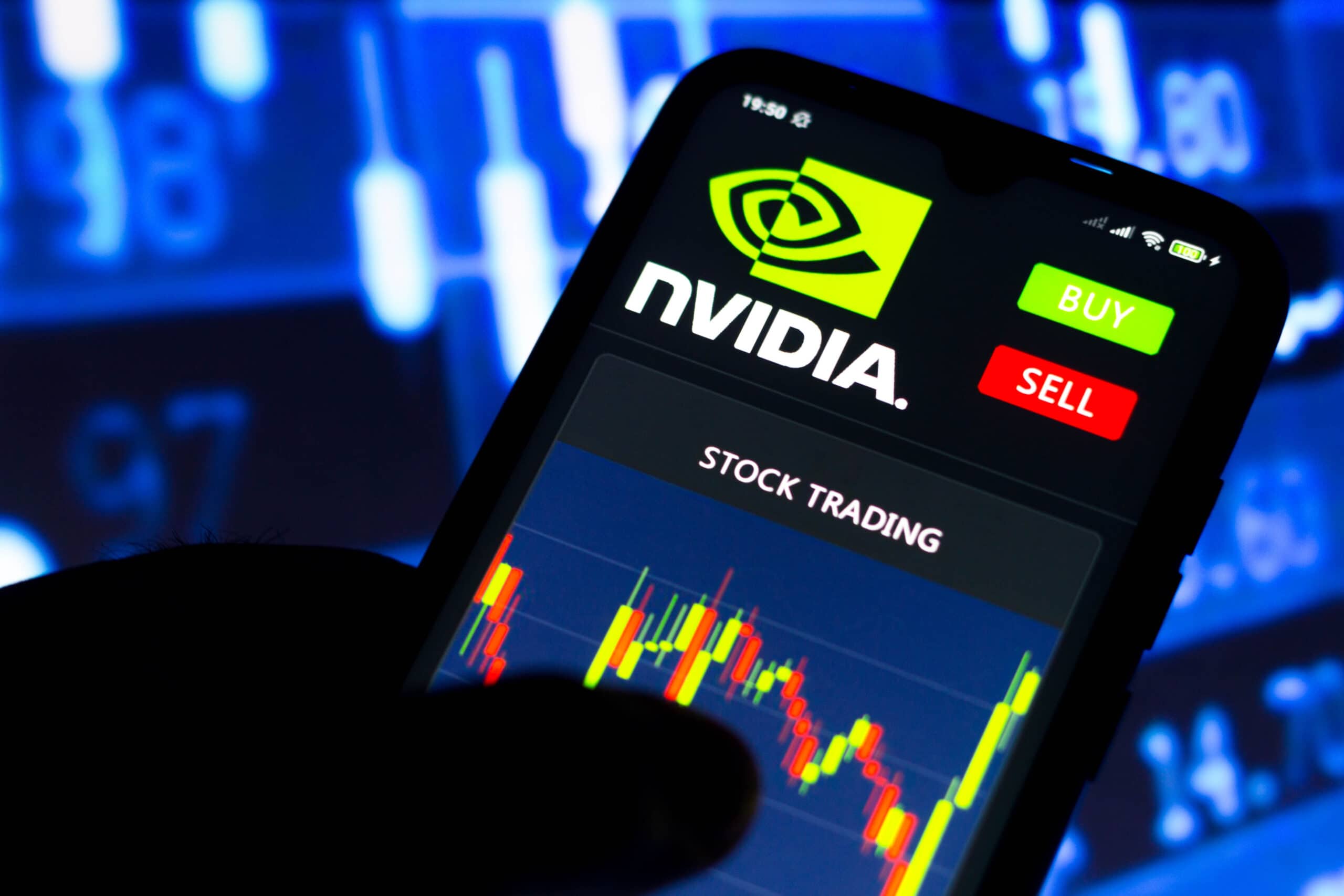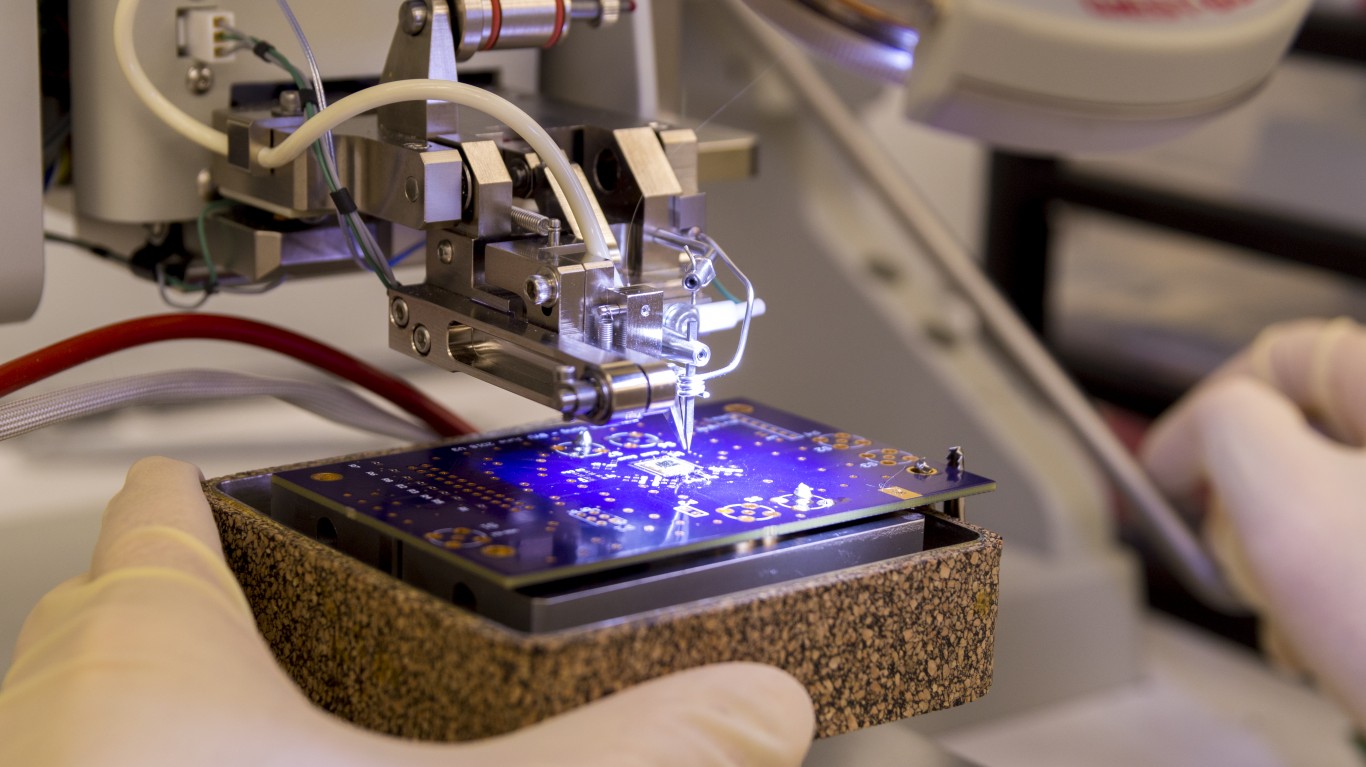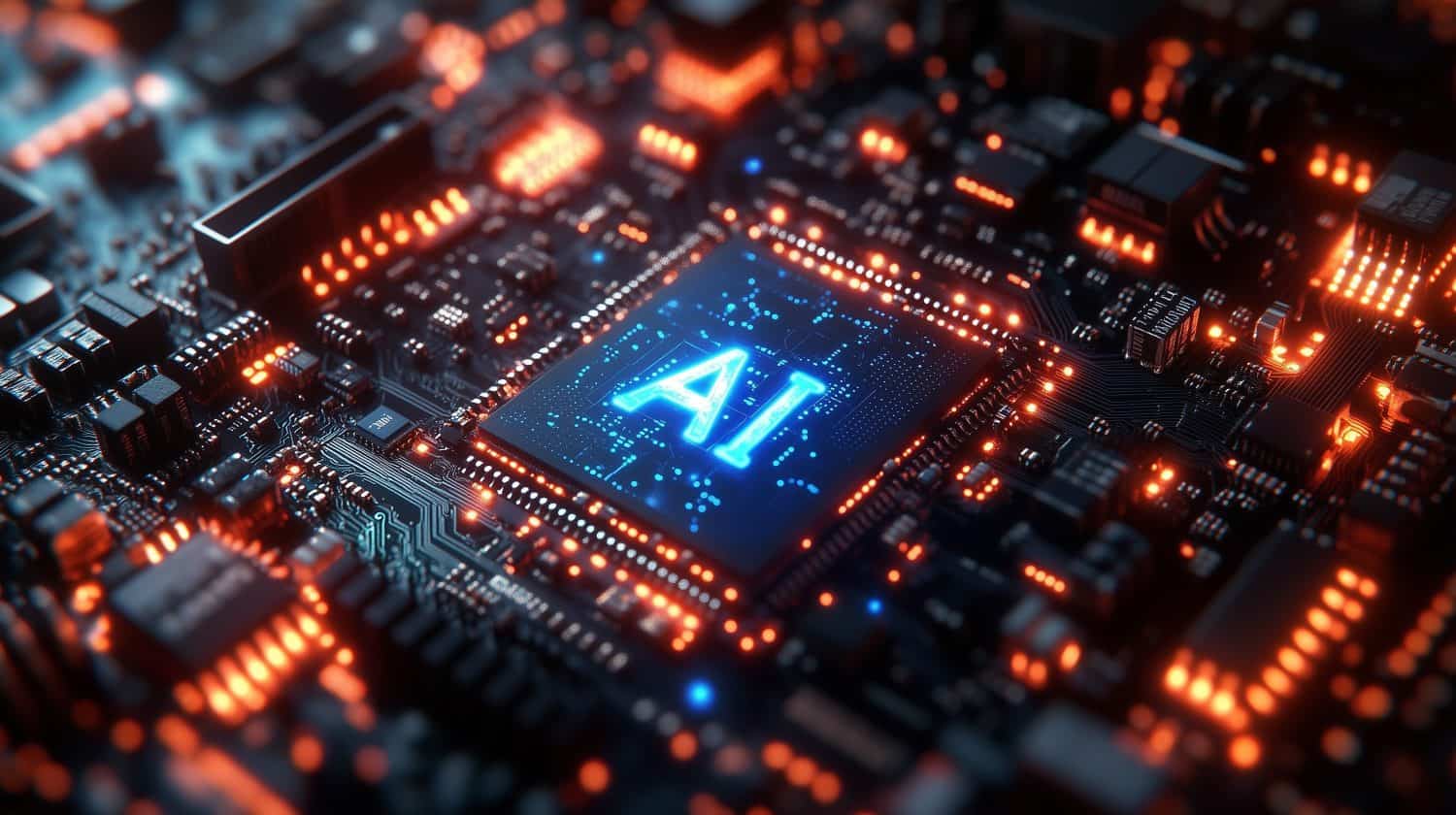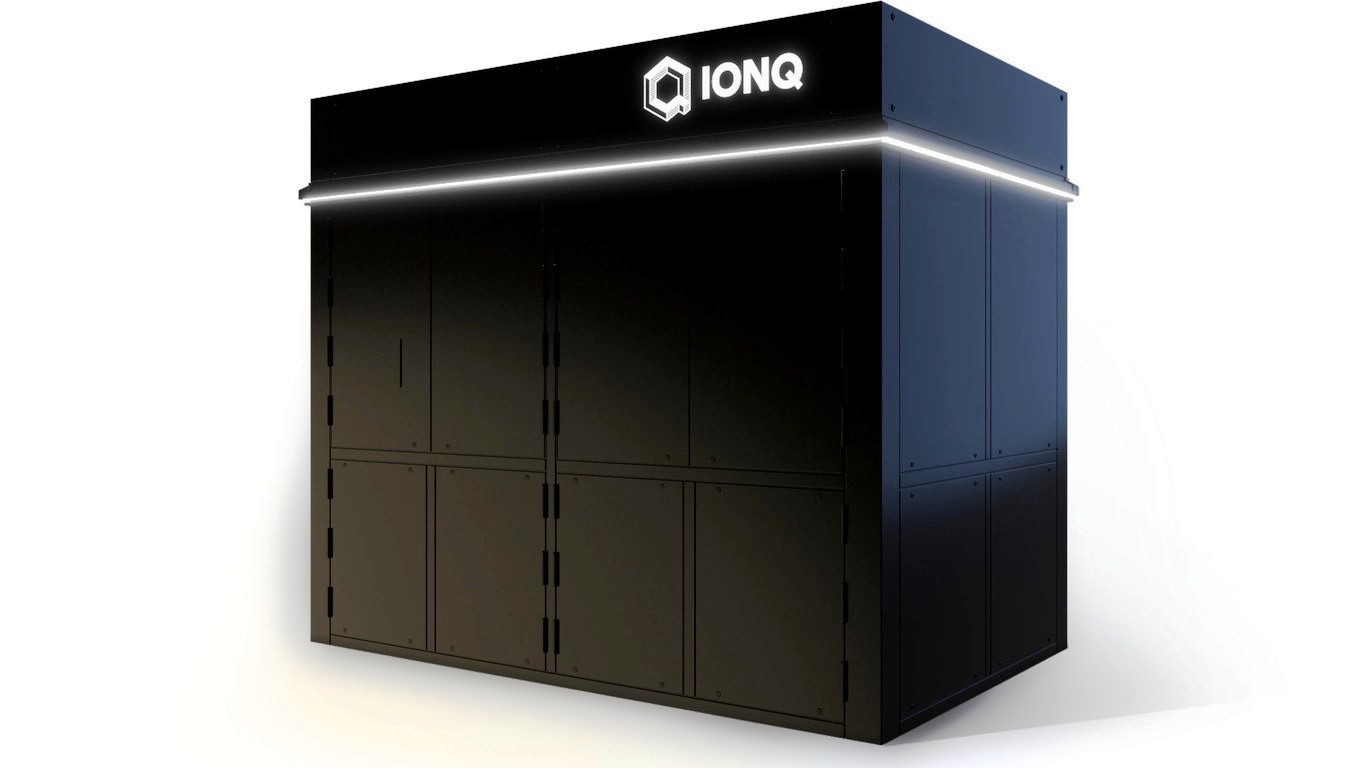
To paraphrase Mark Twain, the rumor of Nvidia‘s (NASDAQ:NVDA) death may have been greatly exaggerated. Slowing growth, supply chain issues, manufacturing problems, and the rise of competing artificial intelligence chips led to a lot of hand-wringing that the semiconductor stock’s best days were behind it.
However, much of the fearmongering is dissipating. A report in the Financial Times Tuesday said it seems Microsoft (NASDAQ:MSFT) has been a massive buyer of Nvidia’s wildly popular Hopper chips in 2024. Analysts at tech consultant Omdia estimate the software giant purchased 485,000 of the AI chips this year, or more than twice as many as Nvidia’s second-biggest customer Meta Platforms (NASDAQ:META), which bought some 224,000 Hopper chips.
It is a significant endorsement of Nvidia’s chip prowess and indicates the competition has far to go before catching up.
24/7 Wall St. Insights:
- Nvidia (NVDA) stock has flagged in recent weeks over growing concerns about slowing growth, customer demand waning, and competition.
- The AI chipmaker’s stock got a boost following a report that Microsoft (MSFT) has been its biggest customers, though some analysts see that as a warning sign.
- If you’re looking for some stocks with huge potential, make sure to grab a free copy of our brand-new “The Next NVIDIA” report. It features a software stock we’re confident has 10X potential.
A chip off the old block

Nvidia’s Hopper graphics processing unit (GPU) architecture was developed specifically for use in data centers. The H100 was packed with 80 billion transistors and could deliver up to nine times faster speeds for AI training and up to 30 times faster AI inference speedups on large language models than its predecessor, the A100.
That was followed by the Grace Hopper GH200 chip, which offered twice the memory capacity and doubled its inference performance. It also accelerated data transfer rates and minimized bottlenecks in complex computations. These are the chips that Microsoft, Meta, Amazon (NASDAQ:AMZN), and Alphabet‘s (NASDAQ:GOOG)(NASDAQ:GOOGL) Google have been snapping up.
In early 2025, the next generation Blackwell chips that take artificial intelligence to the next level will be introduced, and Nvidia is already at work on its successor, code named “Rubin.”
Shares of NVDA stock jumped on the report after having tumbled 16% from recent intraday highs on the various concerns.
A mirror image of the situation

Yet not everyone is convinced Nvidia has dodged a bullet. In the chipmaker’s first-quarter earnings report, it revealed that one customer accounted for 13% of total revenue while a second customer represented 11% of sales, or approximately $3.39 billion and $2.86 billion, respectively. UBS analyst Timothy Arcuri believed the customer was Microsoft.
In a recent interview, though, CEO Satya Nadella suggested the tech giant was no longer “chip supply constrained,” which Seabreeze Partners Management founder Doug Kass suggests means Nvidia’s salad days are fading fast.
MarketWatch quoted Kass as telling investors in a note, “Apparently, they all got caught off guard in the beginning; nobody wanted to be left behind; they had the money and piled in with zero caution with no regard to how much they spent, and what they spent it on. These were also big projects, that are now largely completed.”
The demand that Nvidia enjoyed when the tech companies were building out their AI systems will no longer be there going forward. Kass has been short on Nvidia since early November.
The next growth phase
That has been one of the worries investors have had about the AI market generally and not just specific to Nvidia. Once these systems were built out by throwing crazy money at them, companies would want to see a return on their investment before committing more.
Microsoft is seen as a gold standard in how to integrate artificial intelligence throughout a company’s products and services, but there are still questions over how it will monetize some of them. Questions linger over how much revenue the tech star can generate from its Copilot chatbot.
Data centers have been the heart of AI demand as hyperscalers continue to build out new facilities. Amazon is planning on spending $23 billion by 2030 in Ohio alone to build out new data centers.
The next phase of growth, though, could be in consumer electronics and personal computers. Demand for AI chips for these devices could be so large it leads to the next chip shortage, according to analyst Bain & Co.
Nvidia just unveiled its new $250 Jetson generative AI computer, a developer kit targeted to small companies and hobbyists.
Key takeaway
Because the AI phenomenon is still in its infancy, there are miles of runway ahead of the technology to expand and grow. Nvidia will be an integral part of the trajectory, suggesting the AI chipmaker’s predicted demise was premature.
Thank you for reading! Have some feedback for us?
Contact the 24/7 Wall St. editorial team.




